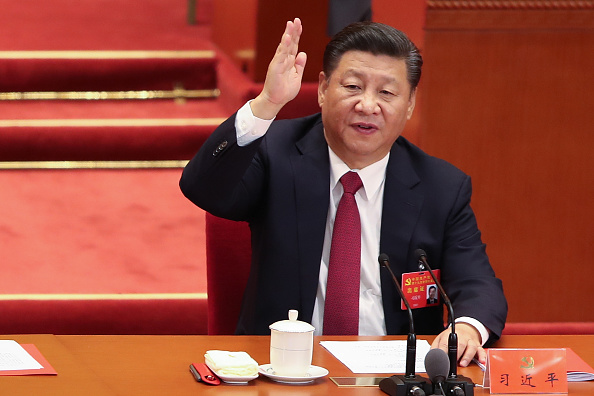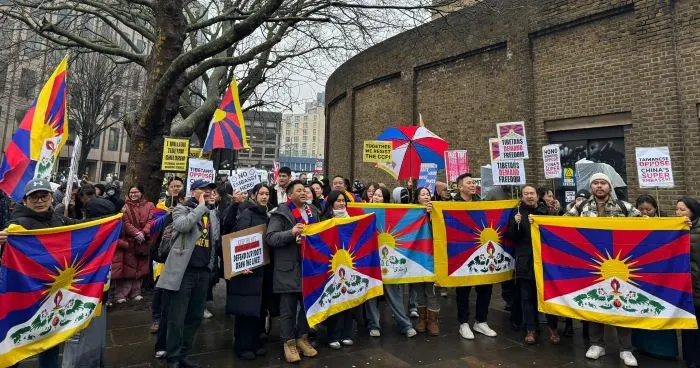Chinese projects face cancellation threat in Africa over poor quality
China is increasingly being criticised across African countries over poor
quality of infrastructure projects, with some of the countries even cancelling
their contracts with Chinese companies.
A Kenyan High Court ordered (Jul 2021) the cancellation of a USD 3.2
billion contract between Kenya and China for the construction of the
standard gauge railway, terming the project “illegal,” while stating that the
state-run Kenya railways failed to comply with the country’s law in the
procurement of the standard gauge Railway.
China claims to have accelerated infrastructure construction in Nigeria and
Tanzania and has completed the casting of the first pre-stressed concrete
girder of a bridge in Tanzania. It has also signed new contracts for building
apartments in Uganda and construction of processing factories for
agricultural products in Côte d’Ivoire.
Chinese projects are reportedly facing problems over alleged “shoddy work”
and “lack of transparency” on the part of their companies. Recently, the
Department of Employment and Labour of South Africa filed (February 11)
a case against Huawei Technologies, South Africa for not complying with
the Employment Equity Policy of the country.
While Ghana cancelled the contract of the Beijing Everyway Traffic and
Lighting Tech company, which was engaged to develop an intelligent traffic
management system for the country, President of the Democratic Republic
of Congo (DRC) Felix Tshisekedi also called for a review of mining
contracts previously signed with China in 2008.
Unhappy with China’s exploitative tendency, the DRC President noted that
he wanted to get fairer deals for his country and, “Those with whom his
country signed contracts are getting richer while DRC people remain poor.”
According to the John Hopkins University School of Advanced International
Studies,’ between 2000 to 2019 China signed 1,141 loan commitments
worth USD 153 billion with the African governments and their state-owned
enterprises. Moreover, on account of the Covid-19 pandemic and its impacton the economy, several African countries are facing difficulties to service
loans they have taken from China. Such whopping loan amounts have
become untenable for poor African countries. Faced with limited choice to
manage debt burdens, African countries preferred to suspend projects,
which were controversial and lacked accountability.
Some China-backed projects in Africa under the ambitious Belt and Road
Initiative were also facing resistance from local environment and civil
society groups. The construction of an oil pipeline (1,445 km pipeline)
between Uganda and Tanzania, for transporting crude oil from Uganda to
the port of Tanga in Tanzania was opposed by environmentalists as it
would “pose environmental and social risks to protected wildlife areas,
water sources and communities throughout Uganda and Tanzania”.
Similarly, in Guinea, Beijing’s proposed investment in a deposit of high-
grade iron ore in the Simandou mountains may help it to reduce its
dependence on Australian imports amid tensions with Canberra, but critics
underline that it may also destroy livelihoods. In Ghana, a $2 billion bauxite-
for-infrastructure deal with Chinese state-owned firm Sinohydro Corp has
drawn ire. In 2019, a Kenyan court ordered a halt to the construction of a
USD 2 billion coal-fired power plant following reports that it would endanger
a UNESCO World Heritage Site. Tanzanian authorities also opposed
Chinese demand of fully handing-over the Bagamoyo Port to China, after
Sri Lankan experience with Hambantota.
While China’s cumulative FDI in Africa was estimated at USD 46.1 billion
marking a hundred time increase in roughly over 20 years, Beijing was
facing difficulties in implementing several projects in the continent due to
public opposition over allegations of work quality, environmental and social
concerns and opacity.
*****













